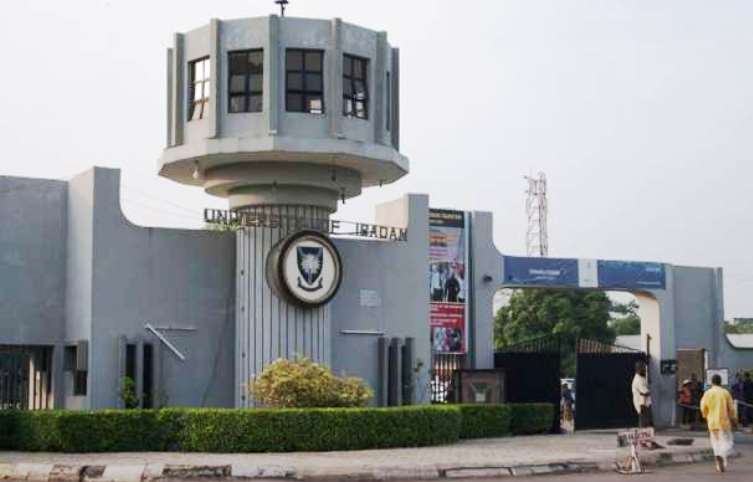EDUCATION
PhD directive: MDCAN withdraws teaching services from UI

The Ibadan Chapter of the Medical and Dental Consultants Association of Nigeria (MDCAN) on Wednesday withdrew all clinical teaching services from the College of Medicine, University of Ibadan.
The News Agency of Nigeria (NAN) reports that the association had emabarked on a strike in compliance with the directive from its national body to all its members to withdraw clinical teaching services from all colleges of medicine nationwide.
NAN reports that MDCAN had resolved on the strike following the decision of the National Universities Commission (NUC) to make it mandatory for clinical lecturers in medical schools to possess a PhD degree as a prerequisite for teaching and career progression.
The MDCAN-UCH Chairman, Dr Dare Olulana, while addressing a news conference, said that that the demand by the NUC was ill-advised and not in compliance with international best practices.
“In various parts of the civilised world as what we have in Nigeria up till this point, the Residency Training Programm culminating in the Fellowship of Postgraduate Medical Colleges is the minimum requirement to practise as a specialist and to teach clinical medicine.
“This is the structure of medical education in advanced economies that prioritises safe patient care over academic and purely theoretical knowledge.
“But our NUC did not go to copy what is obtainable in countries with cutting-edge innovations and renowned for good medical system,” he said.
Olulana claimed that rather than emulate countries like the United Kingdom, United States, Canada, India and Ghana, Nigeria was now following the trend of prioritising PhD for teaching in clinical medicine as in countries like Sudan, Pakistan, Iran and Bangladesh.
Olulana said making PhD mandatory to teach clinical medicine would only worsen the brain drain syndrome that had hitherto bedeviled the nation’s health system and lead to its eventual collapse.
“Firstly the consequence of this NUC directive is that it will affect the teaching of medical students due to a shortage of clinical lecturers because universities are not an attractive career destinations for clinical specialists.
“Secondly, this directive is seen as punitive and attempt to denigrate our Fellowships which makes us certified and competent to teach in clinical medicine.
“These are categories of people whom are highly sought after outside the country and will require little encouragement to take up these foreign jobs.
“The implication is that we all already know what brain drian is doing to the health sector, that is only brain drain among junior doctors.
” By the time this NUC decision takes effects, the senior doctors will also be forced to leave the country to go to where their services are highly sought after and appreciated.
“If this happens, this is a recipe for the collapse of the health system and in the next 10 to 15 years, we may not have consultants, specialist doctors and fellows to provide good training for medical students and quality clinical services.
“The masses are the ones that will have no access to healthcare within the country and no resources to engage in medical tourism when our healthcare system is ultimately crumbled by such obnoxious policies as this,” he said.
According to Olulana, the UCH members of the MDCAN which compromises over 300 specialists may also progress to halt professional clinical services at the teaching hospital if their demand is not met.
He said that 90 per cent of them were engaged as clinical lecturers at the College of Medicine of the University of Ibadan.




 Davido's Net Worth & Lifestyle
Davido's Net Worth & Lifestyle 
